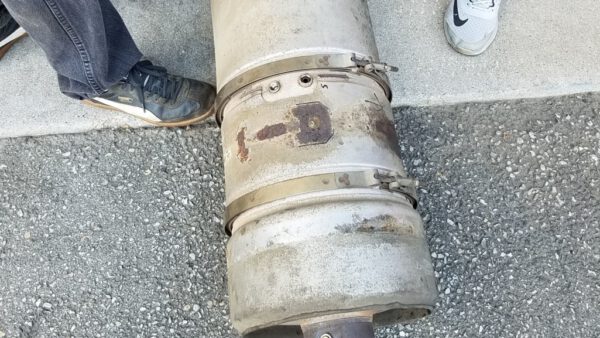We receive questions all the time about whether we will perform the infamous 6.0L Powerstroke delete, or “bulletproofing”. We are also asked if we can just remove the DPF filter for a customer or get rid of the “junk” the EPA has burdened the diesel industry with. If you want the short answer: No. We support the EPA and we support clean, sustainable energy production. Does this mean we don’t share frustrations with our customers? No. We get frustrated with the increased cost of owning a diesel as a result of the new emission technology. New technology always comes with hiccups. The important thing to consider is whether these technologies are improving and becoming more reliable with time. We think these technologies are becoming better, more efficient, and more effective.
Volkswagen is still gasping for air after the automakers 14.7 billion dollar federal lawsuit. A Virginia based trucking company owes nearly half a million in fines after already buying back their emissions systems delete kits. Had you yourself purchased one of those kits, you may have made some quick savings on fluids and repair bills in the short term but could face fines of $2500 or more and be required to bring your emissions system back to working order (more on that below).
Clean air is hard to appreciate. We need not wash it in the same way we do our clothes and dishes, there may not be any readily apparent smudges or smears, but it must be preserved. Removing the filtration system of your diesel engine will not only increase pollution contribution, but also could lead to serious legal ramifications. The Clean Air act of 1970 was the first major step towards a common, healthy atmosphere. The legislation is sweeping and uncompromising. Section 203 prohibits any tampering with, removal of, and knowing or unknowing involvement in the deletion of the DEF system. Such wording may seem aggressive at first, but only fitting when compared to the poisons masking themselves as diesel exhaust.
Diesel particulate includes alarming levels of ash, soot, grime, and nitrous oxide. Removing the DEF filter or system itself allows these chemicals as much free reign in the air as the oxygen we breathe, will flood your oil with filth, and can cause irrevocable damage to your diesel engine. While in place, the DEF filter merely injects Ammonia into the selective catalyst reducer (SCR) to combine with NOx to form harmless water (H20) and Nitrogen (N), both of which are found naturally in our atmosphere. The maintenance and fuel costs are not unsubstantial of course, but when compared the $8000 one might be forced to pay for a new diesel particulate filter, they seem minimal. Any mechanic that assures you tampering with your engine’s emissions is legal, is lying. Any mechanic who insists your engine will continue to run unaffected by the removing of its filters and regulators, is lying and cares little for your automobile. Change is the nature of things. The combination of the SCR and DPF systems make for a smoother, longer ride and a cleaner airspace.
Our advice to our valued customers? Leave emissions systems design to the manufacturers. Trust the process and know these systems will only improve and fail less in the future. Do not tamper with the emissions systems. Tampering could lead to a big fine, improper engine operation, check engine light, or the need to repurchase the entire exhaust system.


